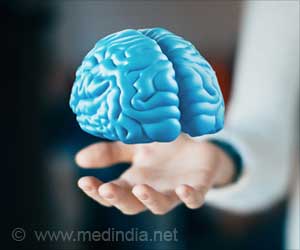The 'happiness-index' to measure the well-being of a person and the perceptions of living conditions came into life at the Organisation for Economic Cooperation and Development.

The head of statistics at the OECD, Martine Durand, said that the idea was to measure more closely matters which people thought were important to them.
The index is intended to enable people in the 34 OECD member countries to compare their countries according to criteria which they think are important, Durand said.
The OECD hopes soon to make the index applicable to other countries, beginning with emerging economies such as Brazil.
The index is the first concrete result of a report by former Nobel economics prizewinner Joseph Stiglitz, OECD officials said.
The index comes into being as the Paris-based OECD celebrates its 50th anniversary and immediately before a summit of Group of Eight (G8) leaders in Deauville, northern France.
Advertisements
The OECD has worked for some years on ways of calculating a wellbeing index to complement the GDP and other indicators.
Advertisements












